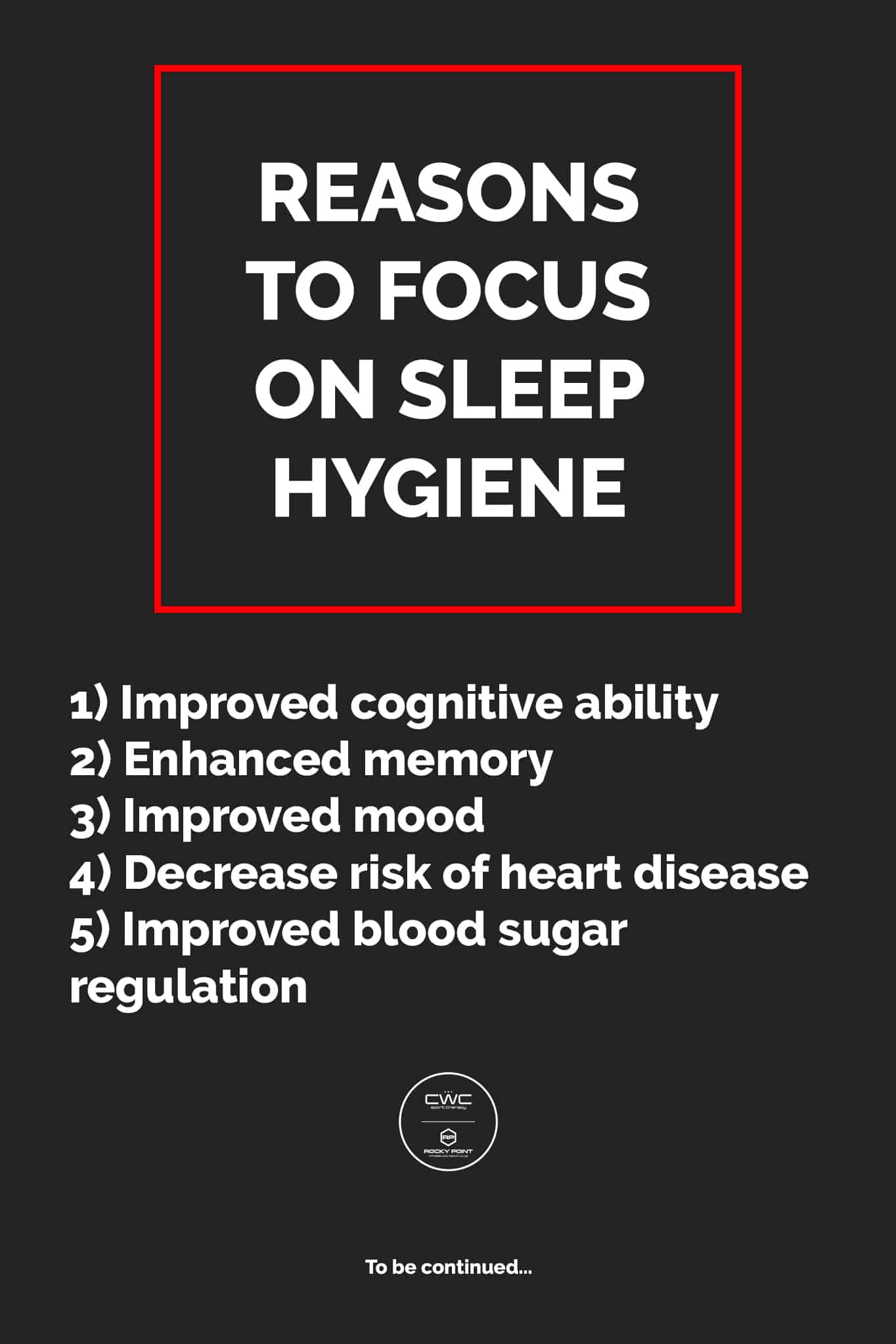Formal Mindfulness and Awareness Training Tips
There are some important principles and attitudes to consider when getting started with formal awareness training.
- Have an open mind: Consider that formal awareness training (such as MBSR and MBCT) have help 100000’s of people with mental illness manage their symptoms and helped 10000’s more increase performance. In saying this, performing awareness training with an intent to achieve something can often sabotage it’s effect. It’s important to remain open minded wherein you don’t strongly believe that it will or won’t “work” per say but that you’re willing to try it regardless. Be committed to the process not the outcome.
- Be patient: Notice thoughts of not wanting to do formal awareness training or feelings of wishing it to be over once you’ve started. Remind yourself that it’s only 10 minutes and not to be impatient with yourselves because you are tense or agitated or bored. This is your life in this moment, be patient in your attempt to cultivate great awareness within yourself.
- Remain non-judgmental: We tend evaluate everything in terms of “good” or “bad”. When your attention shifts from the subject of focus, don’t judge yourself for this lapse of attention. Rather, try to recognize that everyone’s minds wonder. Simply acknowledged that your attention has slipped, gently bringing it back to the centre of focus without judgement of whether you are doing a good or bad job. Remember, there is no right or wrong way to do this, there is only awareness of what is taking place.
- Be curious: If you are experiencing pain, discomfort, anxiety, ruminating thoughts, even an itch, rather than attempting to make them stop, attempted to become curious about the experience. Possibly try and be curious about where you feel anxiety in the body or whether the thoughts are based in reality. Rather than scratch the itch, attempt to be curious about what an itch is and why you have a desire to scratch it. Remember that the intent is awareness and we’re not necessarily trying to stop anything that is taking place, we’re simply attempting to become more aware.
- Acceptance: Seeing things as they actually are in the present. If you have a headache, accept that you have a headache. In the course of our daily lives, we often waste a lot of energy denying and resisting what is already fact. When we do that, we are basically trying to force situations to be the way we would like them to be, which only makes for more tension, which actually prevents positive change from occurring. Acceptance sets the stage for acting appropriately in your life, no matter what is happening. It’s also important to understand that acceptance is different to surrendering. You don’t not have to take a passive attitude towards everything nor does it mean that you have to like everything or abandon your principles or values. Acceptance isn’t about giving up on your desire to change or grow. We are simply trying to accept that which is. In acceptance you have a willingness to see things as they are, nothing more, nothing less.
- Let go: When we start paying attention to our inner experience and gaining awareness, we rapidly discover that there are certain thoughts and feelings and situations that the mind seems to want to hold on to. Similarly, there are others that we try to get rid of or prevent or protect ourselves from having. Attempt to let your experience be what it is. Try your best not to grasp onto thoughts that you like or make you “feel good” and attempt not to push away thoughts or feelings that are negative. Instead, just let go as you do when you go to sleep. We know the feeling of trying to force ourselves to sleep, it doesn’t work. In order to fall asleep we just let go and fall asleep. The same skill can be used here in awareness.
- Non-Striving: Formal awareness training has only one goal – to become further aware of yourself. The irony is that you already are. If you think, “I am going to get relaxed, control my pain, or become a better person”, you have introduced an idea in your mind of where you should be, and that you are not OK right now. This attitude undermines the intent of fostering present moment awareness and simply paying attention to whatever is happening right now.
- Trust: Developing a basic trust in yourself and your feelings is an integral part of formal awareness training. When becoming more aware, attempt to trust in your own intuition and feelings rather than looking for others guidance. If something doesn’t feel right, honor your feelings about what to change. Try to remember that you know yourself best. Trust that increased awareness will only lend itself to better health and increased happiness.
About the author:
Coach Errol Clark holds over 12 years of experience as a performance coach and has helped hundreds of clients lose weight, increase strength, improve function, and decrease pain in their lives.
Errol believes in continuing education and constant learning. He is one of the few trainers in North America to successfully complete the Crossfit L3 CCFT designation and the OPEX CCP coaching modules.
Errol specializes in behavioural change and has extensive knowledge in program design. He also has a refined skill set for improving the nuances of functional movement.







